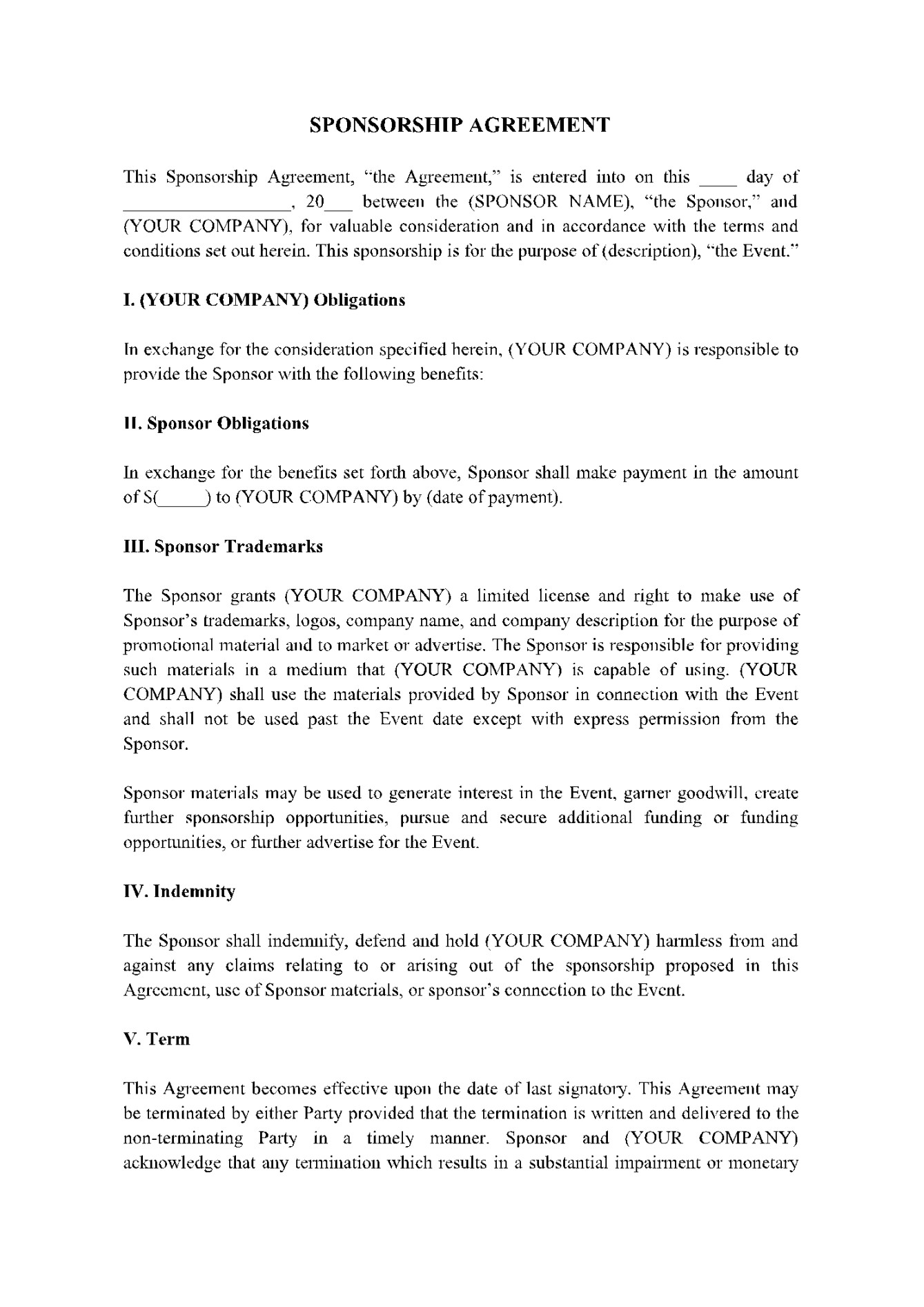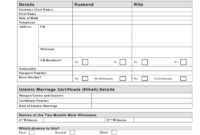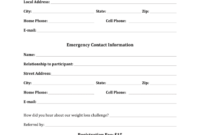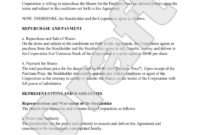An event sponsorship agreement serves as a legally binding document outlining the terms and conditions between an event organizer and a sponsor. This agreement ensures a clear understanding of the expectations, rights, and responsibilities of both parties, safeguarding their interests and fostering a successful partnership.
Key Components of an Event Sponsorship Agreement Template

1. Parties Involved:
– Event Organizer: The entity responsible for organizing and hosting the event.
– Sponsor: The individual or organization providing financial or in-kind support to the event.
2. Event Description:
– Name and Nature: Clearly define the event’s name, type, and purpose.
– Date and Location: Specify the exact dates and venue of the event.
– Target Audience: Describe the anticipated demographic and interests of the event attendees.
3. Sponsorship Level and Benefits:
– Tiered Structure: Outline different levels of sponsorship, each with corresponding benefits and obligations.
– Specific Benefits: Clearly state the perks granted to the sponsor, such as logo placement, signage, product demonstrations, and promotional opportunities.
– Exclusivity: Specify if the sponsor will enjoy exclusive rights within a particular category or industry.
4. Financial Obligations:
– Sponsorship Fee: Indicate the monetary amount the sponsor is required to pay.
– Payment Schedule: Detail the payment terms, including due dates and accepted methods.
– Reimbursement: Address any potential reimbursement for expenses incurred by the sponsor on behalf of the event.
5. Promotional Obligations:
– Sponsor Recognition: Outline how the sponsor’s logo, brand name, and messaging will be prominently displayed at the event.
– Marketing and Promotion: Specify the sponsor’s involvement in pre-event, during-event, and post-event marketing and promotional activities.
– Media Opportunities: Indicate any media coverage or interviews that the sponsor may participate in.
6. Intellectual Property:
– Ownership: Clarify the ownership of intellectual property created for the event, such as logos, slogans, or marketing materials.
– Usage Rights: Define the extent to which the sponsor can use the event’s branding or intellectual property for their own purposes.
7. Confidentiality:
– Non-Disclosure: Require both parties to maintain the confidentiality of any proprietary or sensitive information disclosed during the sponsorship.
– Exceptions: Specify any exceptions to the confidentiality obligation, such as information that is publicly available.
8. Indemnification:
– Liability Protection: Outline the indemnification obligations of each party, protecting them from claims or losses arising from the event.
– Insurance Requirements: Specify any insurance coverage that the sponsor or event organizer must maintain.
9. Term and Termination:
– Duration: Define the duration of the sponsorship agreement.
– Termination Grounds: Specify the circumstances under which either party can terminate the agreement, such as breach of contract or force majeure.
– Consequences: Address the consequences of early termination, including financial penalties or return of sponsorship fees.
10. Governing Law and Dispute Resolution:
– Applicable Law: Indicate the governing law that will apply to the agreement.
– Dispute Resolution: Specify the method for resolving disputes, such as mediation, arbitration, or litigation.
Design Elements for a Professional Event Sponsorship Agreement
Clear and Concise Language: Use plain language that is easy to understand, avoiding legal jargon.
By carefully crafting an event sponsorship agreement template that incorporates these key elements and design principles, you can establish a solid foundation for successful partnerships and ensure a mutually beneficial experience for both the event organizer and the sponsor.


